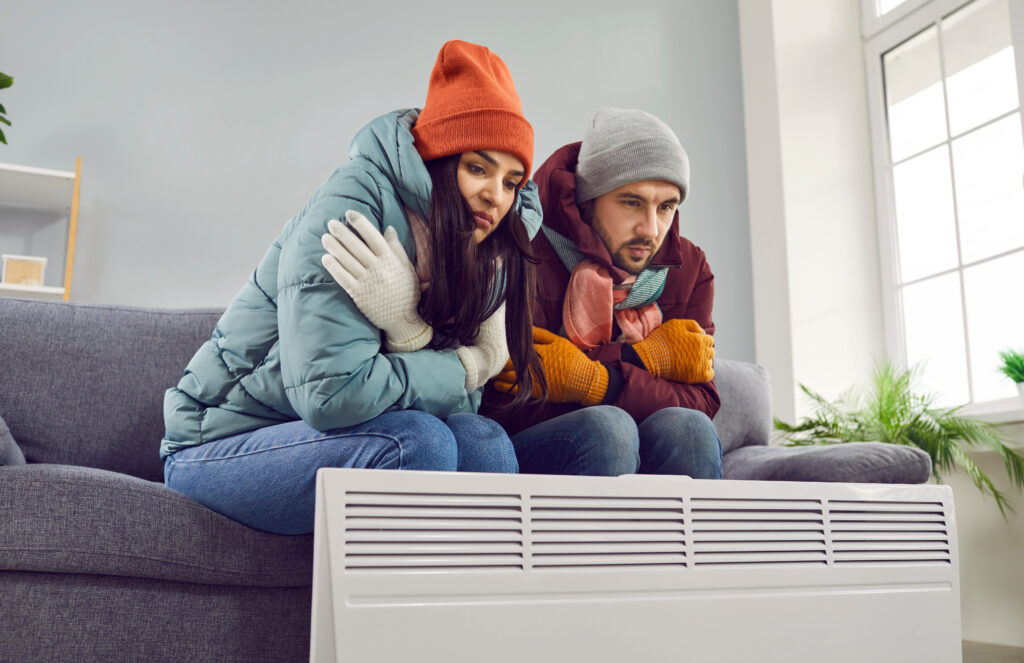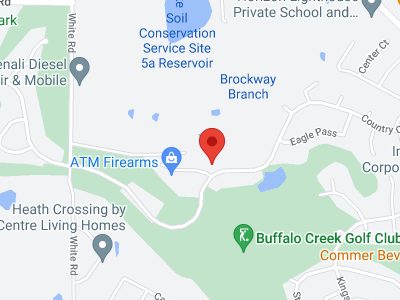If you’ve noticed your HVAC system turning on and off frequently without completing a full heating or cooling cycle, your system may be experiencing short cycling. This issue not only impacts your comfort but can also increase energy bills and cause unnecessary wear and tear on your equipment. Understanding what short cycling means and how to address it is crucial for maintaining the efficiency and longevity of your HVAC system.
Short cycling occurs when your HVAC system shuts off before reaching the desired temperature set on your thermostat. Instead of running consistently until the goal temperature is achieved, the system repeatedly starts and stops. While this can happen occasionally, consistent short cycling is a sign of an underlying issue that needs immediate attention.
Common Causes of HVAC Short Cycling
Short cycling can stem from a variety of factors. Here are the most common reasons your HVAC system might be affected:
Improperly Sized System
An HVAC system that’s too large for your home can heat or cool the space too quickly, causing it to shut off prematurely. While this might seem like a good thing, the rapid cycling doesn’t allow the system to properly dehumidify the air or distribute even temperatures. Conversely, an undersized system struggles to meet the demands of your home, resulting in frequent cycling as it attempts to maintain the set temperature.

Clogged Air Filters
Dirty or clogged air filters restrict airflow, forcing your HVAC system to work harder to push air through. This strain can cause the system to overheat and shut down as a safety precaution, leading to short cycling. Replacing air filters regularly can prevent this issue and improve overall efficiency.
Thermostat Problems
A malfunctioning or poorly placed thermostat can also lead to short cycling. If the thermostat is near a heat source or direct sunlight, it might misread the room’s temperature and signal the system to turn off prematurely. Similarly, outdated or faulty thermostats may send incorrect signals to your HVAC unit.
Refrigerant Issues
For air conditioning systems, low refrigerant levels or refrigerant leaks can cause the unit to short cycle. When the system is low on refrigerant, it struggles to maintain the desired cooling levels, resulting in frequent stops and starts.
Overheating Components
In heating systems, short cycling can occur when components like the heat exchanger or blower motor overheat. This triggers the system’s safety mechanisms to shut it down temporarily, resulting in the characteristic short on-and-off cycles.
Effects of Short Cycling on Your HVAC System
Short cycling isn’t just an inconvenience; it can have long-term consequences for your HVAC system and your home.
- Increased Energy Costs: Short cycling uses more energy than consistent operation, driving up your utility bills.
- Reduced Comfort: Uneven temperatures and poor humidity control can make your home less comfortable.
- Wear and Tear: Frequent starts and stops cause excess strain on components, increasing the likelihood of breakdowns and shortening the system’s lifespan.
- System Inefficiency: An HVAC system operating under stress won’t perform as efficiently, reducing its ability to heat or cool your home effectively.
How to Fix Short Cycling
Addressing short cycling promptly is essential to restoring your HVAC system’s performance. Here are some steps to take:
- Check Your Air Filters: Replace dirty filters with clean ones and establish a routine for regular replacements.
- Inspect the Thermostat: Ensure the thermostat is functioning correctly and located in an optimal spot. Upgrade to a programmable or smart thermostat for better control.
- Schedule Professional Maintenance: Have your HVAC system inspected by a qualified technician who can identify and resolve issues like refrigerant leaks, overheating components, or sizing problems.
- Evaluate System Sizing: If your system is improperly sized, consider consulting with an HVAC professional about replacing it with a correctly sized unit.
Preventing Short Cycling
The best way to prevent short cycling is through regular HVAC maintenance and proper system setup. Schedule routine tune-ups to catch potential issues early, and always work with experienced professionals to ensure your HVAC system is properly installed and configured for your home.
If you’re experiencing short cycling or other HVAC problems, Apple AC & Heat Services is here to help. Our skilled technicians can diagnose the issue and provide the necessary repairs or upgrades to keep your system running smoothly. Don’t let short cycling disrupt your comfort—contact us today to schedule a service appointment and get your HVAC system back to peak performance.



